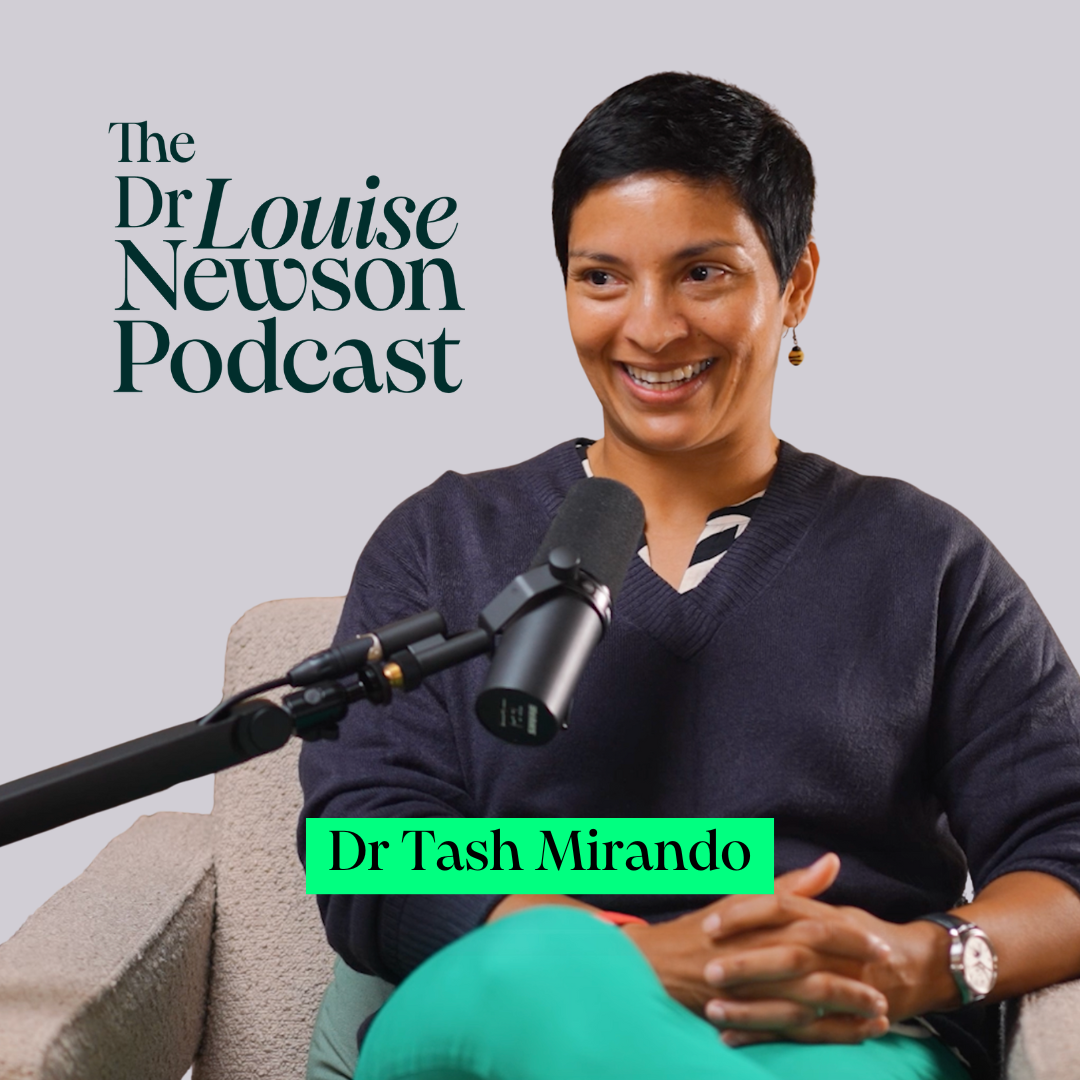Your hormones can affect your lungs, even if you’ve not experienced asthma before
• Asthma is a lung condition that affects millions of women
• Asthma symptoms can worsen at times of hormonal fluctuation
• Discuss your asthma symptoms with your clinician when talking about HRT
Globally, 136 million women have asthma, a lung condition where symptoms include wheezing, coughing, shortness of breath and chest tightness [1].
Women are more likely to have asthma than men, they have more severe symptoms and are almost twice as likely to die from an attack [2]. Women aged 20 to 50 years with asthma are three times more likely than men to be admitted to hospital [3].
Asthma is caused by changes in your airways that lead to swelling and temporary narrowing of the tubes that carry air in and out of your lungs.
Part of the higher risk for women is likely to be, at least partly, due to changing levels of female sex hormones, progesterone, estradiol and testosterone, which have powerful roles in your lungs and airways [2].
How do hormones affect my lungs?
These hormones work to reduce inflammation, support healing and repair in your lungs and influence how they respond to disease [4]. All the cells of your lungs and respiratory system contain receptors for the hormones progesterone, estradiol and testosterone.
The hormones influence the inflammatory and disease processes in your lungs, including your immune system’s response to bacteria – variations in estradiol levels may lead to differences in the occurrence and progression of bacterial infections [5].
Progesterone also helps protect your lungs, especially during infections such as flu. It reduces inflammation and supports tissue repair and can help relax the muscles in your airways [4].
Testosterone protects against allergic airway inflammation by reducing certain immune responses. A study found that women with decreased levels of DHEA-S (a hormone your body uses to make testosterone and estradiol) have been associated with impaired lung function and higher risk of breathing problems later in life [6].
How can hormones impact asthma?
Many women experience a significant worsening of symptoms at times of hormonal change, such as during perimenopause and menopause.
If you have asthma, you may have experienced worsening symptoms in the days before your periods - between 20 and 40% of women with asthma have perimenstrual asthma, which is also known as premenstrual asthma [7]. During these days, levels of progesterone and estradiol are lowest.
Up until puberty, boys have higher rates of asthma than girls, when the situation reverses. A pilot study found that approximately three quarters of adolescent girls experienced perimenstrual asthma (worsening of symptoms just before or during a period) [8].
During pregnancy, asthma worsens in a third of women, improves in a fourth of women, and remains unchanged in a third of women [9].
During perimenopause, when levels of estradiol and progesterone fluctuate and reduce, women can experience a significant decline in lung function. Late-onset asthma beyond the age of 40 and during perimenopause is common [10]. The fluctuations in hormone levels are involved in inflammatory and allergic responses that can contribute to asthma.
Menopausal women have a higher risk of developing asthma and this risk increases the longer a woman is menopausal for [11]. Research has shown that women who take HRT are less likely to develop asthma [12].
Testosterone also has protective effects in the lungs – one study found a significant association between a low free testosterone level and severe asthma in older women [13].
Other factors to consider
Weight is a risk factor for asthma, with higher rates of the lung condition in those who are obese. There is a stronger interaction between asthma and obesity in women than men, and data suggests that progesterone and estradiol might play a role in how asthma with obesity differs between sexes [14]. You may find your weight creeps up during times of hormonal change; seek advice on maintaining a healthy weight, eating well and exercising, during the perimenopause and beyond.
RELATED: Help – I’m heading for menopause and I can’t control my weight!
Can I take HRT if I have asthma?
HRT – progesterone, estradiol and testosterone – is the first line treatment for symptoms of perimenopause and menopause. Taking hormones can relieve symptoms such as brain fog, hot flushes, night sweats, sleep problems, anxiety and low mood, and vaginal dryness.
Many women who are prescribed the right dose and type of hormones find that their asthma, as well as their perimenopausal and menopausal symptoms, improve.
There are no good quality studies that have been undertaken studying how women with asthma improve with taking body identical hormones. Studies in this area have been studying older preparations of HRT, which are known to have different risks and side effects than body identical hormones.
Keeping a diary of your perimenopausal or menopausal symptoms and asthma symptoms can help inform discussions regarding treatment with hormones. Our Balance app has an in-built period tracker that can help you and your healthcare professionals spot trends and links between your cycle and any other symptoms.
RELATED: Periods tracking: what you need to know
What else can I do?
Make sure you take any medication you are prescribed to manage your asthma, take it correctly and have an asthma review at least once per year.
Be aware that some painkillers are not recommended for people with asthma. Paracetamol is usually safe, but non-steroidal anti-inflammatory tablets (NSAIDs) such as ibuprofen and mefenamic acid and aspirin, may make your asthma symptoms worse or trigger an asthma attack.
Maintain a healthy weight and keep active to boost your lung health. Breathing techniques, activity, prioritising sleep and spending time in nature may help.














